Adrian Blau
Professor of Politics, King’s College London

Dr. Adrian Blau is a Professor of Politics in the Department of Political Economy at King’s College London. He works on the following areas:
- democratic theory and practice, including deliberative democracy;
- history of political thought, especially the work of Thomas Hobbes;
- corruption;
- rationality, irrationality, and post-truth politics;
- the methodology of political theory and history of political thought, as well as philosophy of social science more generally.
Blau has published 10 journal articles and book chapters on the methodology of history of political thought. He edited the first ever textbook on political theory methods: Methods in Analytical Political Theory (Cambridge University Press, 2017). He is currently working on the methodology of thought experiments in political philosophy. Blau has published several articles and chapters on Hobbes’s political theory, and is writing a book called Hobbes’s Failed Science of Politics and Ethics. His PhD research was on normative aspects of electoral systems and he still works and publishes on democratic theory and practice. Cross-cutting much of the above is a focus on rationality and irrationality, including the work of Jürgen Habermas. Adrian Blau’s work often brings together ideas from political theory and political science. He is on the editorial board of two journals: Political Studies Review and Hobbes Studies.


Sanford Ikeda
Professor Emeritus of Economics, SUNY-Purchase

Sanford “Sandy” Ikeda (Ph.D. NYU) is a Professor Emeritus of Economics at Purchase College of the State University of New York, a Research Associate at New York University, and serves on the Board of Directors of The Economic Freedom Institute, Cosmos + Taxis, The Heartland Institute, and The Center for the Living City, and has lectured globally. He is the author of Dynamics of the Mixed Economy, with scholarly publications in The Southern Economic Journal, The Review of Austrian Economics, Environmental Politics, The American Journal of Economics & Sociology, Cosmos + Taxis, The Independent Review, and Journal des Economistes et des Etudes Humaines. He has contributed entries for The International Encyclopedia of the Social Sciences (on Robert Moses) and for The Encyclopedia of Libertarianism (on Jane Jacobs, rent seeking, and interventionism), and published popular essays in Forbes and National Review Online. His current research focuses on the interconnections among cities, spontaneous social orders, entrepreneurial development, and urban policy.
James Konow
Professor of Economics, Loyola Marymount University
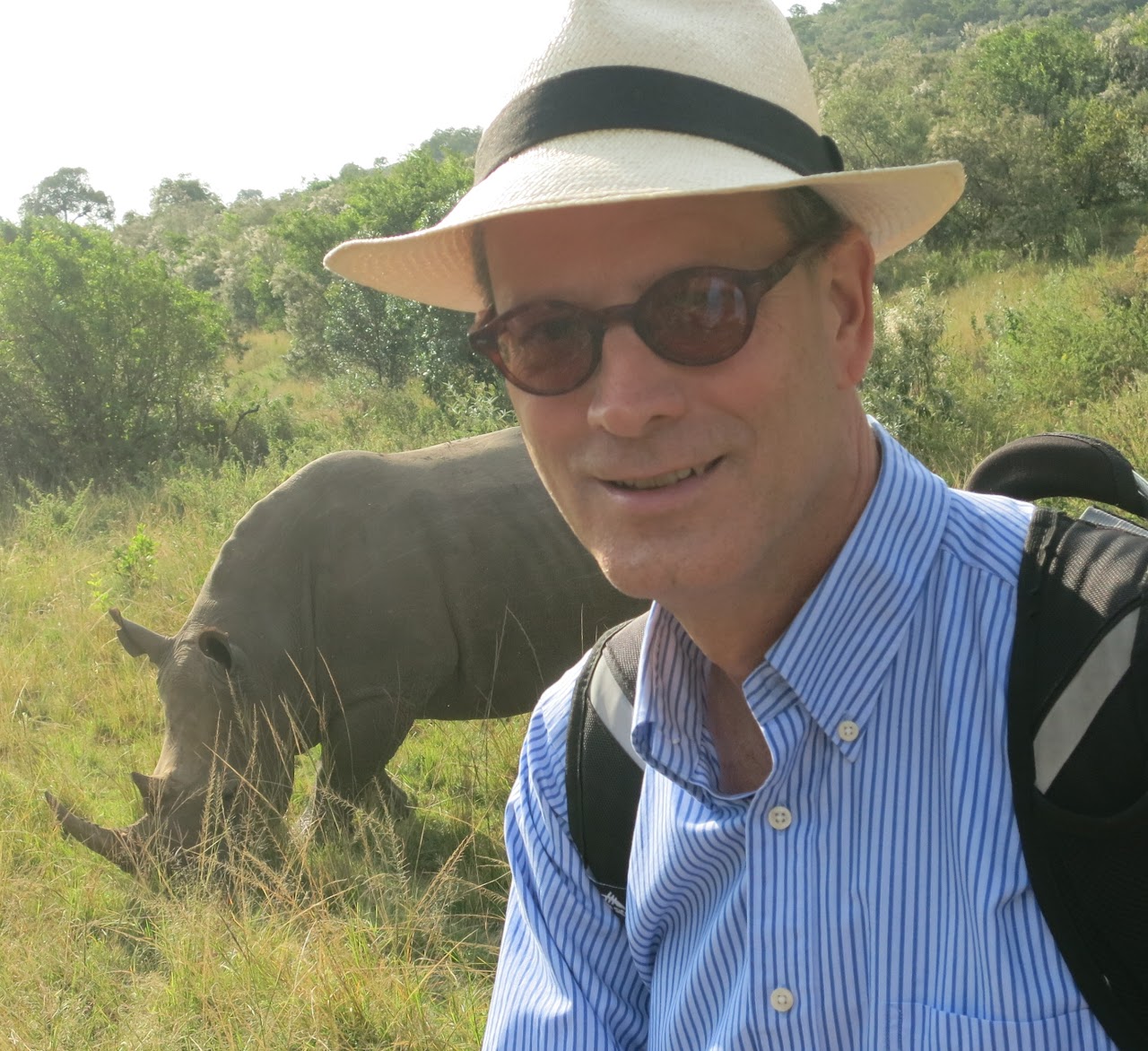
James Konow’s research and teaching specialty is economics and ethics. His research includes experimental and theoretical analyses and is informed by economics, philosophy, and psychology. It has been published in economics journals including the American Economic Review, the Journal of Economic Literature, and the Journal of Public Economics, and in various interdisciplinary journals in philosophy, psychology, and sociology.

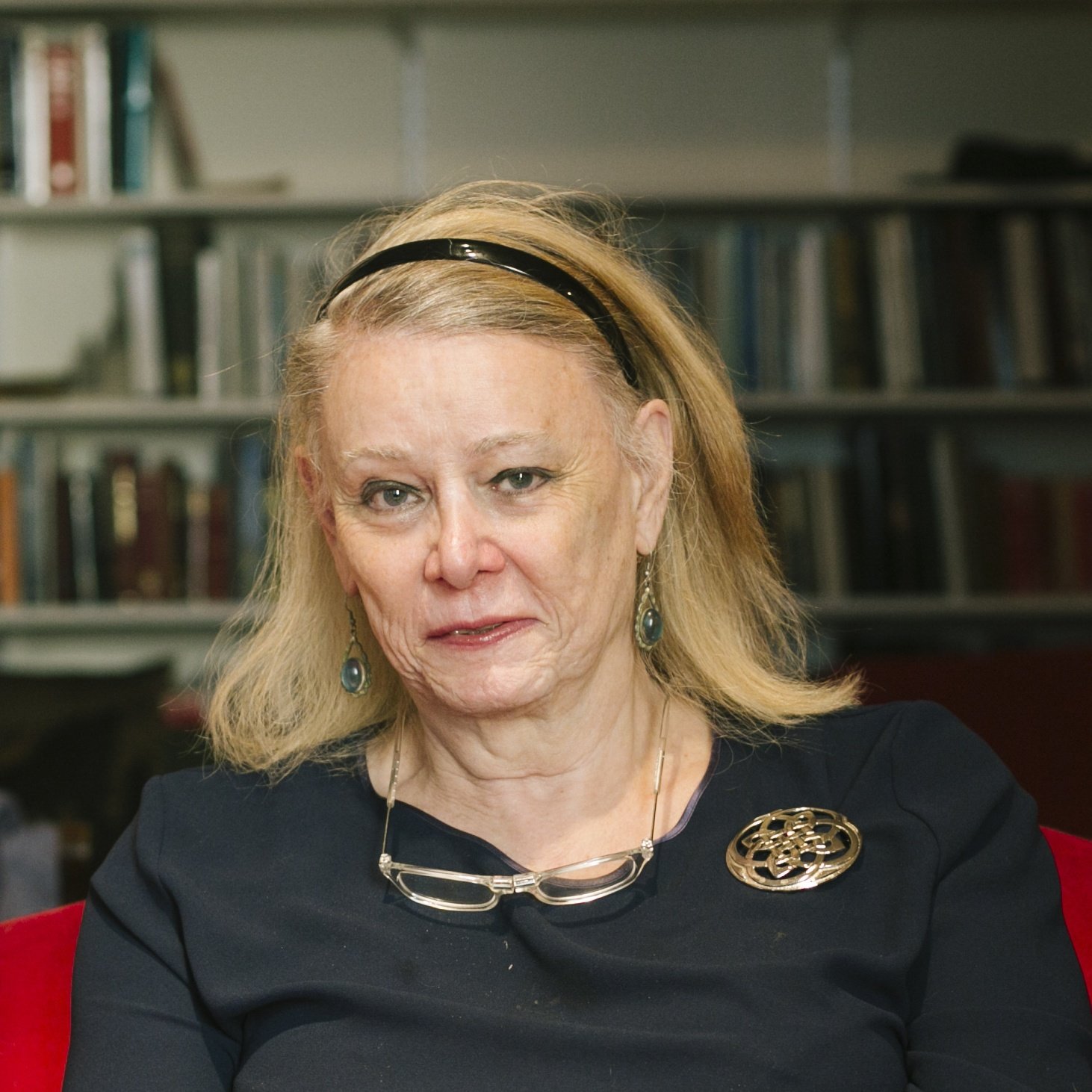
Deirdre McCloskey
Distinguished Professor Emerita of Economics and of History, and Professor Emerita of English and of Communication, University of Illinois at Chicago

Deirdre McCloskey trained at Harvard in the 1960s as an economist, she has written twenty books and some four hundred academic articles on economic theory, economic history, philosophy, rhetoric, statistical theory, feminism, ethics, and law. She taught for twelve years in Economics at the University of Chicago, and describes herself now as a “postmodern free-market quantitative
Episcopalian feminist Aristotelian.”
Her scientific work has been on economic history, especially British. Her recent book Bourgeois Equality is a study of Dutch and British economic and social history. She has written on British economic “failure” in the 19th century, trade and growth in the 19th century, open field agriculture in the middle ages, the Gold Standard, and the Industrial Revolution.
Her philosophical books include The Rhetoric of Economics (University of Wisconsin Press 1st ed. 1985; 2nd ed. 1998), If You’re So Smart: The Narrative of Economic Expertise (University of Chicago Press 1990), and Knowledge and Persuasion in Economics (Cambridge 1994). They concern the maladies of social scientific positivism, the epistemological limits of a future social science, and the promise of a rhetorically sophisticated philosophy of science. In her later work she has turned to ethics and to a philosophical-historical apology for modern economies.
Eric Schliesser
Professor of Political Science, University of Amsterdam
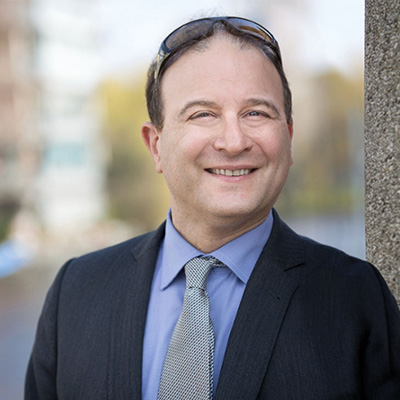
Eric Schliesser (1971) is professor of Political Science, with a focus on Political Theory, at the University of Amsterdam’s (UvA) Faculty of Social and Behavioural Sciences.
Eric Schliesser’s (PhD, The University of Chicago, 2002) research encompasses a variety of themes, ranging from economic statistics in classical Babylon, the history of the natural sciences and forgotten 18th-century feminists (both male and female) to political theory and the history of political theory and the assumptions used in mathematical economics. Schliesser’s interest in the influence of Chicago school of economics has increasingly moved his research toward the study of the methodology and political role of economists as experts.

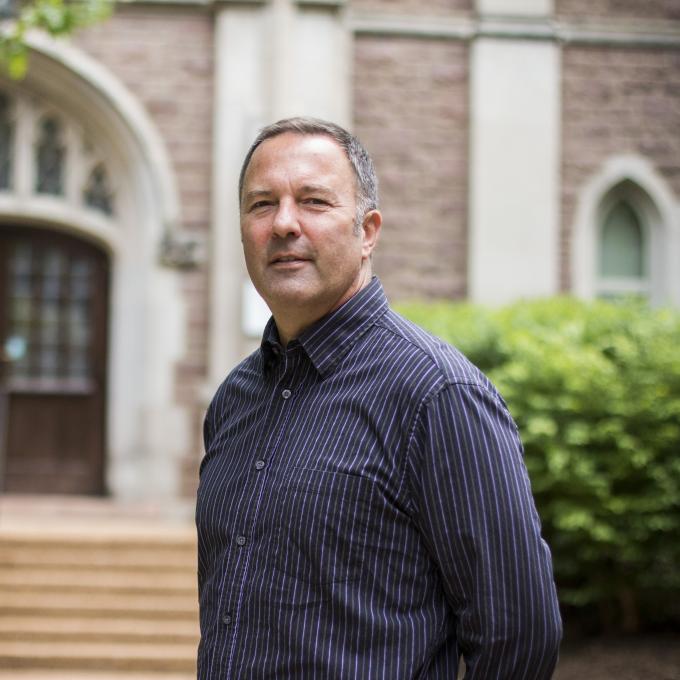
Kit Wellman
Professor of Philosophy, Washington University in St. Louis

Kit Wellman works in ethics, specializing in political and legal philosophy. He serves as chair of the education department and is dean of academic planning for Arts & Sciences at Washington University in St. Louis.
Bart Wilson
Donald P. Kennedy Chair in Economics and Law and Director, Smith Institute for Political Economy and Philosophy, Chapman University
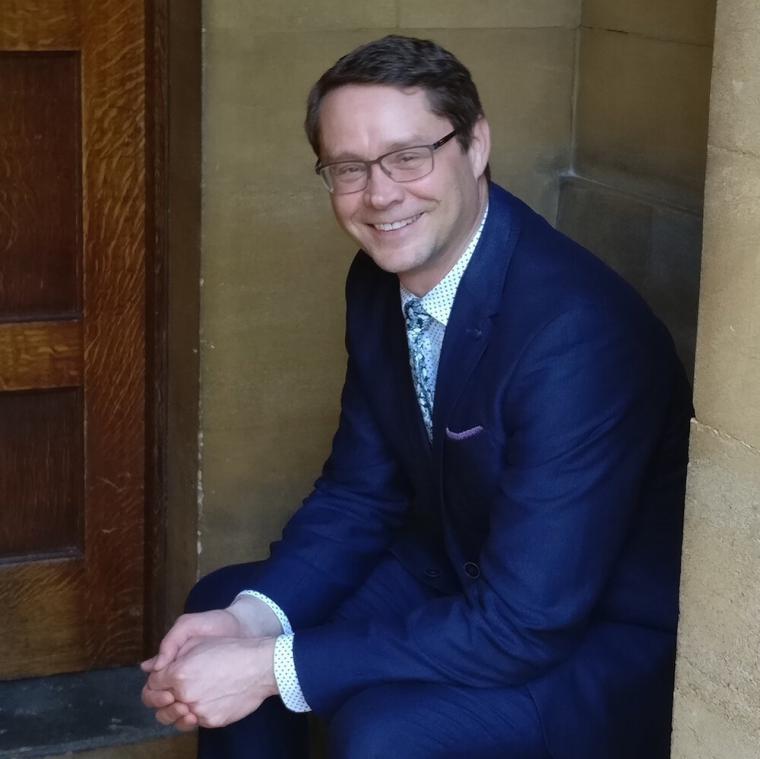
Bart J. Wilson is a Professor of Economics and Law and the Donald P. Kennedy Endowed Chair in Economics and Law at Chapman University. He is a member of the Economic Science Institute and tenured in the Argyros School of Business and Economics and the Fowler School of Law. In Fall 2016, he co-founded with Jan Osborn (English), Vernon Smith (Economics and Law), and Keith Hankins (Philosophy) the Smith Institute for Political Economy and Philosophy, for which he serves as the director.
Bart has published papers widely in economics and general science journals, including the American Economic Review, Proceedings of the National Academy of Sciences, Scientific Reports, and Nature Human Behaviour. His research has been supported with grants from the National Science Foundation, the Federal Trade Commission, and the International Foundation for Research in Experimental Economics. Bart’s undergraduate teaching supports the Humanomics minor at upper division level and Chapman’s First-Year Foundations Course at the lower division. He also teaches a seminar for law school students on spontaneous order and the law.
Prior to joining the faculty at Chapman, he was an Associate Professor of Economics at George Mason University and before that a Research Scientist at the Economic Science Laboratory at the University of Arizona. He started his professional career as an Economist at the Federal Trade Commission. Bart received his Ph.D. in Economics from the University of Arizona and his B.S. in Economics and Mathematics from the University of Wisconsin-Eau Claire. He hails from the great State of Wisconsin.


